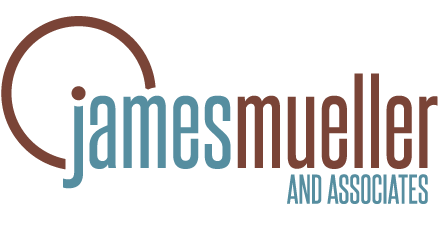Do you make big decisions quickly or carefully?
Work for most organizational leaders is like living in a whirlwind. The multitude of demands for our attention can be paralyzing. We live in a world where a priority is placed on brevity, speed, and shortcuts, but leaders have to avoid the temptation to fast-forward through the information-gathering stage when faced with a variety of complex choices.
Great decision-making requires precisely the opposite priority we’re socialized to choose; important decisions must have context. We are well-advised to follow the example of Apple CEO Tim Cook who told his shareholders, “We say no to great ideas in order to keep the amount of things we focus on very small in number, so that we can put enormous energy behind the ones we do choose.”
Fathom CEO and founder Gareth Dunlop adds, “We need to fight our ever-shortening attention spans to pursue context and make sense of the grey areas.” We not only have to fight our tendency for shallow analysis before making a big decision, but we also have to begin by prioritizing the decisions that matter. Once you narrow the field, you can spend more time on deliberation.
I’m reminded of a client conversation I had with National Veterans Network executive director Christine Sato-Yamazaki. She explained that her board, which comprises some of the nation’s greatest military minds, had years of experience and, quite frankly, different perspectives on what their organizational story was.
When she hired me to work with her leadership, it was important that we reconciled varying perspectives and ask questions. Christine appreciated that, together, we took the time to inquire, understand, and calibrate the board’s collective story. “To me, that makes a difference when you’re facilitating a strategic planning session,” she added.
Christine’s reflection about our collaborative approach makes the case for improving outcomes, but gathering context also helps you avoid limiting your potential. Without context, you risk viewing decisions as having binary outcomes rather than creating a landscape of viable options. Thinking too narrowly with limited information means that your options collapse versus expand. Plus, you tend to lean heavily on previous choices, in-the-moment emotions, or personal bias.
“Cognitive biases aren’t all bad,” says Paul Perry, cofounder and CEO of Literal Humans. “They’re essentially shortcuts that help our brains process massive amounts of information around us and assist us with making quick and effective decisions.” But challenges surface when these shortcuts limit our innovation or inclusion.
To minimize bias and binary thinking, consider documenting your decision-making process to improve outcomes. Start by listing a set of questions you consistently ask yourself, and then record your discoveries. Over time, you can look for patterns to make improvements in how you evaluate a potential decision. Questions can include:
- What are the outcomes I am looking for?
- What do I expect will happen if I choose each of my options?
- What are the risks associated with each of my options?
- How long can I wait until a choice must be made?
- What is the value of waiting?
- Of the information I’ve gathered, what is fact? What is opinion?
- Are there gaps? Am I missing any critical pieces of information?
After you make your decision and the outcomes occur, what did you discover that will improve your process?
If you’re tempted to bypass a thorough understanding of an important decision’s backstory, my advice is don’t. You’re shortchanging yourself and your organization, and you’re forgoing the chance to make a fully informed choice and a more accurate solution that reflects the nuance of a given situation. As Stephen Covey advised, “You have to decide what your highest priorities are and have the courage—pleasantly, smilingly, unapologetically—to say no to other things. And the way you do that is by having a bigger ‘yes’ burning inside.”
Let Covey’s sentiment inspire you to be vigilant about what decisions are worthy of your time and pursuit of context. If you’d like to talk more about improving your strategic decision-making approach, I’m happy to connect with you.

